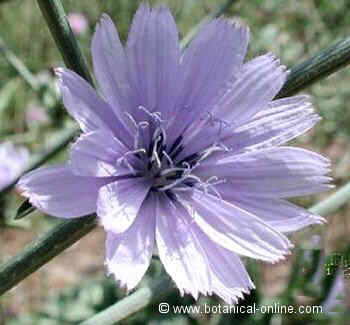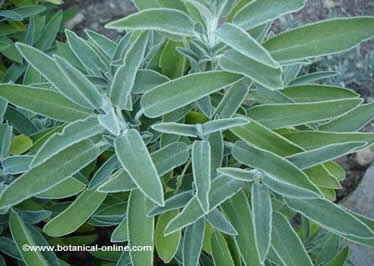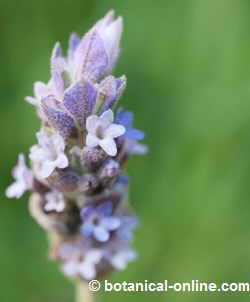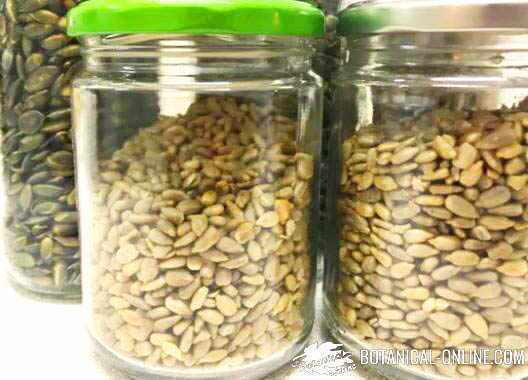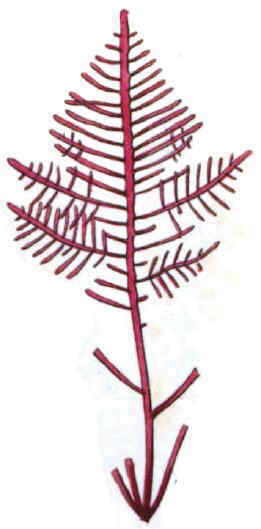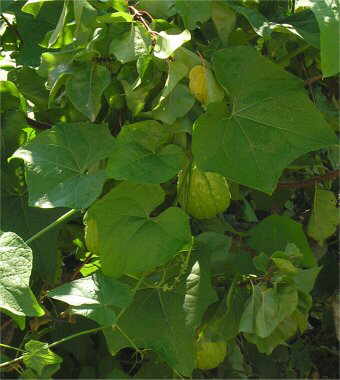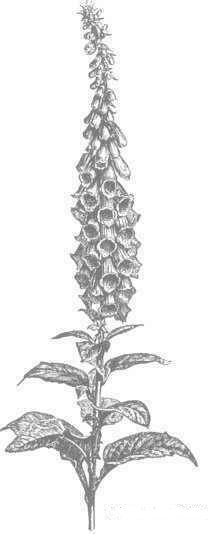Contents
Plants that increase urination
PHYTOTHERAPY: HERBAL REMEDIES TO BOOST URINATION
What are diuretic plants?
Diuretic plants are those that increase the flow of urine.
What are diuretic plants used for?
Diuretics remedies are used in those bodily abnormalities where to increase urination may be appropriate to decrease your symptoms or help solve the problem.
For example, in the case of cellulite, using herbal preparations such as artichoke, promotes cell drainage and helps to reduce the buildup of excessive fluids.
When are diuretic remedies applied?
Diuretics remedies made from plants are mainly applied in case of:
|
Which are the main diuretic remedies?

Some diuretic remedies
Among the medicinal plants with most significant diuretic properties, we will include:
- Field horsetail (Equisetum arvense) (decoction for 30 minutes of 100 g. of the dry plant per liter of water. Take a couple of cups a day) (2 tablespoons of fresh juice diluted in water per day) (3 grams of fluid extract daily)
It is sold in pharmacies and herbalists. Being a plant with so powerful diuretic properties, its use could cause problems in blood pressure, so we recommend checking with your doctor beforehand. It should not be used during pregnancy or lactation.
- Dandelion(Taraxacum officinale) (Decoction for 1 / 4 hours of a handful of dried roots and leaves in half liter of water. Take a cup before each meal.) (Salad of fresh leaves)
- Goldenrod (Solidago virgaurea) (Decoction of flowering tops 3%, 1 teaspoon of dried plant per cup)
- Linden tree (Tilia sp.) (Infusion of half a teaspoon mixed in equal mixture of linden flowers and leaves of bearberry. Drink two cups a day)
- Onion (Alium cepa) (Eating raw onions in salads or cooked in broth) (Blend 150 g. of onion and mix it with twice of dry white wine. Add 75 g. Honey. Take 4 tablespoons daily)
- Parsley: (Petroselinum crispum) (Take 3 spoonfuls of juice a day, obtained when mashing the plant or buy it in a specialized store) (See toxicity details in the complete study of the plant)
ARTICHOKE TO REMOVE LIQUIDArtichoke (Cynara scolymus), together with horsetail and dandelion, is one of the plants most used as diuretic medicine. Among the most common preparations we have the following: – Decoction of 60 gr. of dried roots per liter of water, till the liquid is reduced to half. Drink 2 glasses a day – Infusion of a teaspoon of dried leaves per cup of water. Drink 2 cups a day – Take artichoke extract for sale in food stores according to the terms of patient’s leaflet |
- Cabbage: (Brassica oleracea) (Decoction for half an hour of a mixture of tender leaves of cabbage, tender onion and tender celery. Drink the broth at discretion several times a day)

Photo of chicory flower
- Chicory (Cichorium intybus) (Decoction of 30 g. of crushed dried roots in a liter of water. A couple of cups a day)
- Lime: (Citrus aurantifolia) (Take lime juice 2 times a day)
- Guarana: (Paullina cupana) In therapeutic doses, guarana is a mild diuretic
- Guanabana or soursop (Annona muricata) The juice of the fruit has diuretic components.
- Spanish broom : (Spartium junceum) (Infusion of half a teaspoon of dried flowers per cup of water. Cool and have a cup a day. Do not exceed the dose because at higher doses it is toxic !) (See toxicity details)

Photo of borage flower
- Borage (Borago officinalis) (Infusion for 30 minutes of 15 gr. of dry leaves. Drink a cup after the main meals) (Eat the tender leaves boiled as a vegetable) (See toxicity in the complete study of the plant)
- Birch (Betula Alba) (5 minutes decoction of 50 g. of bark per liter of water. Drink 6 tablespoons a day.)
- Rice (Oryza sativa) A balanced diet with brown rice helps reduce weight.
- Watercress (Nasturtium officinale) (Eat in fresh salads)
- Field eryngo: (Eryngium campestre) (decoction of 50 g. of dried roots per liter of water. Take 3 cups a day)
- Fumitory (Fumaria officinalis</) Its potassium wealth confers it the property to increase the urine production, reason why it is very suitable in cases of obesity (Infusion of 40 gr. of dry flowers by ¾ of liter of water. Drink 2 cups every day during one week)

Cherries are among the best diuretics
- Cherry tree (Prunus avium) (Eat ripe fruits between meals) (decoction for 1 / 4 hours of 50 g. of dry peduncles per liter of water. 3 cups per day)
- Spirulina (Spirulina spp.) Its richness of fiber, especially mucilages causes a great satiety reason why it is used as a dietary supplement in weight loss diets. It is this sense spirulina supplements, administered under the terms of the patient information leaflet, can help fight obesity.
- Strawberry: (Fragaria vesca) (45 minutes infusion of two teaspoons of dried rhizomes and leaves per cup of water. 4 cups per day)
ASPARAGUS, NOT ONLY IN MEALSAsparagus (Asparagus officinalis) do not only have diuretic properties when eaten raw or cooked. We can also prepare a decoction of 60 grams of asparagus root per liter of water for 5 minutes. Two cups a day.. If no root is available, we can squeeze a tender asparagus and take a couple of tablespoons of juice a day. |
- Kinnikinnick/ bearberry /Pinemat manzanita: (Arctostaphylos uvaursi) (Infusion of four spoonfuls of dry leaves in a liter of water. Take 3 glasses a day). it seems that flavonoids grant it this property)

Nettle is one of the most potent diuretic plants
- Nettle (Urtica dioica) (Infusion of a spoonful of dried plant per cup of water. 4 cups per day.
- Broad Bean (Vicia faba) (decoction of 10 g. of dried flowers in 1 / 4 of a liter of water. Drink the amount you want) or eat its tender pods.
- Fennel: (Foeniculm vulgare) (Decoction for 15 minutes of 25 g. off dried roots per liter of water. Take 3 cups a day.
- Sweet bay (Laurus nobilis) (Infusion of a pair of leaves in a cup of water for 10 minutes. 4 cups per day)
- Corn (Zea mays) (Infusion of 50 g per liter of corn beards for 10 minutes. 4 cups per day)
- Upright pellitory/ Pellitoryofthewall (Parietaria officinalis) (Two to three infusions per day of a couple of tablespoons of dried leaves per liter of water can be used in diseases in which it is useful to remove fluid from the body (this remedy may be replaced by tincture. In this case took 40 drops daily into three daily doses diluted in water)
- Common Broom: (Cytisus scoparius) (5 minutes decoction of a teaspoon of dried flowers per cup of water. Cool and have a cup a day. Dangerous! (See toxicity of this plant)

Sage leaves are diuretic
- Sage (Salvia officinalis) (Infusion of a spoonful of dried plant per cup of water. 4 cups per day.)
- Wild teasel (Dipsacus fullonum) (Three cups a day with the infusion of 30 g. of root per liter of water. Pour water on the root and let it rest 15 minutes)
Are diuretic plants dangerous?
Diuretic plants remove plenty of fluids from our body.
Used too often, without adequate doses or combined with some medications, they can cause an imbalance in blood pressure or hypotension. For example, they are contraindicated if you take medication for high blood pressure, for varicose veins, for circulation or when combined with other diuretics.
These plants are currently used with little caution sometimes since they constitute a common resource, especially in the treatment of obesity or cellulite.
It is therefore recommended not to abuse them, keep track of blood pressure and, in any case, consult a doctor or specialist about their application
![]() More information on other anomalies related to fluid retention.
More information on other anomalies related to fluid retention.

